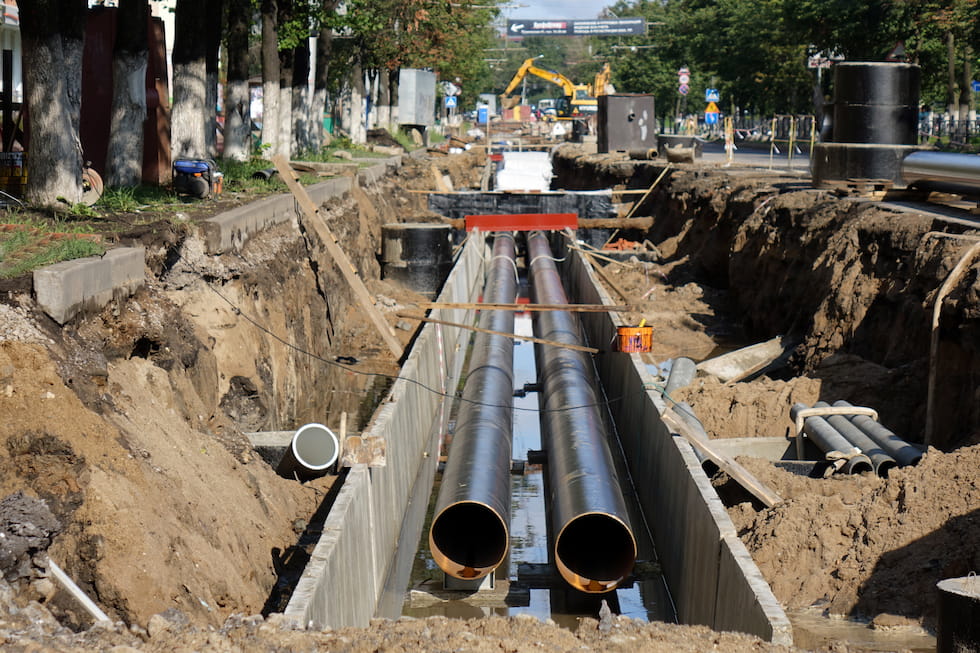
The United States infrastructure just received a grade that most students would be upset to receive.
The American Society of Civil Engineers (ASCE) released its 2021 Infrastructure Report Card March 3, assigning bridges, roads, wastewater systems and more in the U.S. a grade of C-.
While this grade is not one that may cause celebration, ASCE highlighted that for the first time in 20 years, the U.S. is out of the “D range.” Some categories still remain that low, however, including stormwater, and indicate “a clear signal that our overdue bill on infrastructure is a long way from being paid off.”
The ASCE grading scale shows that a C grade means the infrastructure is “in fair to good condition; it shows general signs of deterioration and requires attention. Some elements exhibit significant deficiencies in conditions and functionality, increasing vulnerability to risk.”
While the overall C- grade was a slight improvement from past ASCE report cards, some categories are still at the D level, including dams, hazardous waste, inland waterways and levees. Stormwater is also at a D, and wastewater at D+. Both drinking water and energy are at a C-.
ASCE identified three trends in its report:
- Maintenance backlogs are still an issue, but funding is being prioritized better thanks to asset management. “The drinking water sector, for example, has embraced asset management and new technology to pinpoint leaks and target repairs,” according to the report.
- Federal investments and reform have positively affected state and local governments. ASCE cited 37 states that since 2010 have raised the gas tax to fund transportation needs. In addition, 98% of the infrastructure initiatives that appeared on the ballot last November passed.
- Finally, data is lacking in certain infrastructure categories such as stormwater, school facilities and levees. ASCE’s report states that investments for funding reliable data “should be the standard.”
“America's infrastructure bill is overdue, and we have been ignoring it for years. The COVID-19 pandemic only exacerbates the funding challenge because state and local governments have had to prioritize public health over everything else for the past year,” said Jean-Louis Briaud, ASCE president. “If we take action now, we can generate job growth and build infrastructure that is more reliable, more secure and more resilient while increasing the quality of life for everyone.”

